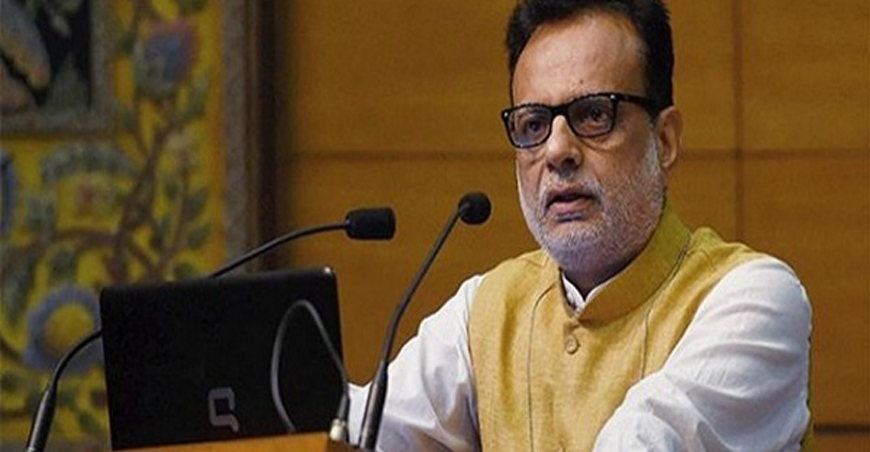Revenue Secretary Hasmukh Adhia on Tuesday held out the assurance that prices of goods and services will not see an increase under the Goods and Services Tax (GST) regime.
For instance, goods that currently have a tax incidence of 32 per cent will be taxed at about 28 per cent under GST, he told reporters at a GST Conclave organised by the Finance Ministry.
“Almost 60 per cent of the income of the Centre and the States comes from items that attract 14 per cent value added tax and 12.5 per cent excise duty. There will be a likely decrease on the tax on each of these items under GST,” he said, adding that GST will reduce the cascading of taxes and help ease inflation.
In the case of services, which will see a higher tax of 18 per cent under GST (as against the 15 per cent service tax rate now), Adhia said the tax incidence will be the same. This is because a majority of the services will get input tax credit on purchases and the overall tax incidence will remain the same. This will be especially so in the case of banks and insurance companies.
“There could be a marginal increase of tax for some services,” he said.
Adhia also stressed that the government plans to roll out GST from July 1 and urged industry and trade not to be complacent.
The government will try to finalise the rates of tax for each item at the earliest, he said.
The GST Council, chaired by Union Finance Minister Arun Jaitley, is scheduled to take up fitment of commodities in the four-tier rate structure under GST at its next meeting on May 18 and 19.
Meanwhile, to reflect the integrity of businesses towards timely payment of taxes and filing of returns, each registered taxpayer under GST will be given a ‘compliance rating’.
Adhia said the rating will be based on their track record.
Adhia also said that GST will give a big fillip to domestic manufacturing and the Make in India programme as it will equalise the tax treatment for both imports and domestic products. Imported goods will attract Integrated GST (IGST) for which credit can be claimed at the time of sale.
Similarly, for locally manufactured goods, a similar GST rate will be applicable and hence, there will be no advantage for the imported goods, he said. “IGST is just an interim tax or a washout tax, which is equivalent to the GST rate on a specific product,” Adhia added.
Author: Microvista-Team
Microvista Technologies is a top-notch financial software development company based in Ahmedabad, Gujarat, India. Our area of expertise is in delivering solutions for diverse financial services, which include GST products, XBRL products, e-Invoicing, e-Way Bill, PowerSigner, GST API, GST Verification API and Struck-off companies verification tool. Our GST Product Includes Features such as: Powerful GST Reconciliation, Validation of Data, GST Return Filing, Audit Reports. Our GST Reports Includes: Supplier Return Filing Status, GSTR 3B Vs GSTR 1 Comparison, ICEGATE Reports, GSTR 2A/2B Reports, Pan Based Reports. We are dedicated to provide the best possible solutions to cater your business requirements. If you require any assistance or support, please do not hesitate to get in touch with us. View all posts by Microvista-Team

